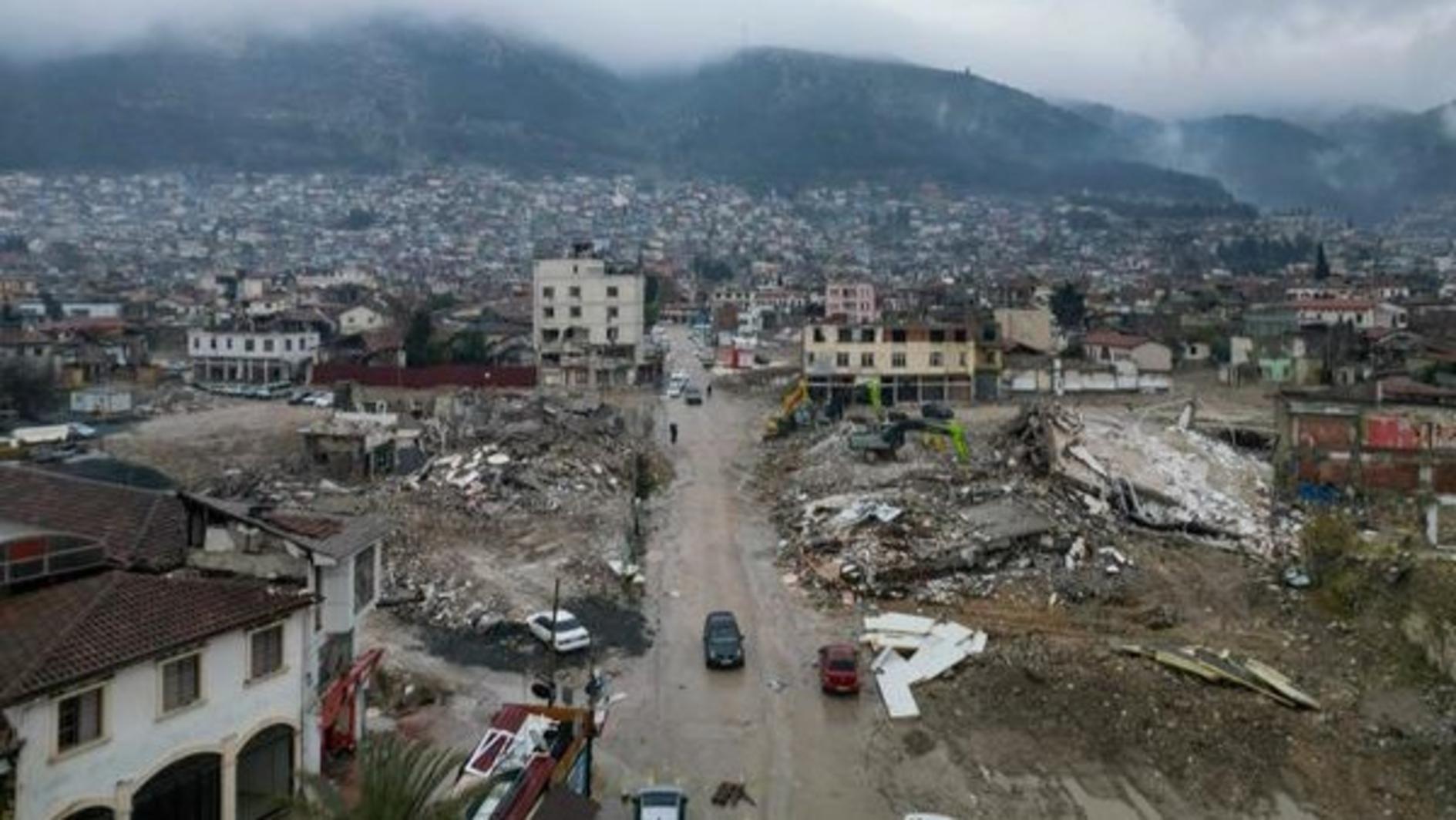Killing the man who knew too much
On October 19, Brig. Gen. Wissam al-Hassan, “the man who knew too much,” the chief of the Information Branch of the Lebanese Internal Security Forces, was killed along with eight other people in a car bombing in Beirut, pushing fragile Lebanon on edge. It was déjà vu for the Lebanese, who vividly remember the assassination of former Prime Minister Rafik Hariri in 2005. The assassination has triggered speculations about yet another civil war in Lebanon and the involvement of Syrian President Bashar al-Assad’s regime.
Al-Hassan became a prominent figure in Lebanon through his investigation of the Hariri killing, and under his leadership the Information Branch had taken on an anti-Syrian stance. His efforts were decisive for the U.N. Special Tribunal for Lebanon to demonstrate the involvement of Hezbollah, Syria’s main ally in Lebanon, in the Hariri case. His work was instrumental in decreasing the influence of Hezbollah. Yet, he was also known for his success in exposing several Israeli spy rings in the country. In this he cooperated with Hezbollah. He was also instrumental in bringing Hezbollah and various Sunni groups together in proximity talks.
Although speculations abound in Lebanon and beyond as to who killed al-Hassan, the usual suspects are Syria and Hezbollah; both immediately condemned the killing. The latest operation he led was the arrest of former information minister and loyal al-Assad ally Michel Samaha in August, accused of smuggling explosives into Lebanon and plotting with Gen. Ali Mamlouk, the head of Syria’s National Security Bureau, to carry out assassinations and create sectarian strife in the country. The Lebanese think that al-Hassan’s assassination was carried out in revenge for these arrests.
If the crime had a political purpose, it was revealed immediately: The Sunni opposition groups called for the government to resign. Though Prime Minister Najib Mikati has maintained his position, he may yet have to step down, leaving the arena for another round of bickering to set up another government. The assassination has already served its purpose: unbalancing the fragile sectarian equilibrium in Lebanon.
The question now is not who killed al-Hassan, but why he was killed and why now. Clearly, al-Hassan was a deeply embedded part of the Lebanese state. He knew too much, was involved with too many and most probably became too powerful for some.
It has been clear for some time that the al-Assad regime has been trying to internationalize its troubles to prolong its survival. Lebanon has so far avoided the trappings of widespread bloodshed. The current crisis will test the limits. Sunni groups have already staged violent protests following al-Hassan’s funeral, and clashes between Sunni and Shiite groups have resulted in the deaths of seven people and many more wounded. The assassination of al-Hassan will enhance the power of Hezbollah and its regional allies in the short run. In the long term, however, the Hariri case has shown that the Lebanese are fed up with international meddling with their country’s internal affairs, a message that obviously eluded many.











